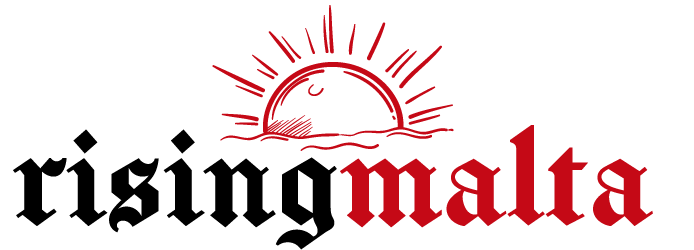
Thousands of foreign workers are in danger as agencies function unlawfully
Staff Report , Published: June 19, 2024, 8:06 am

Thousands of foreign workers, mostly third-country nationals in the hospitality , health care sector risk heavy fines and possible deportation as several of the temping agencies employing them remain unlicensed.
As of 1 June, a new law came into force that requires all companies or individuals acting as temping or outsourcing agencies to have a licence issued by the government.
The Rising Malta is informed that the government has only issued about 30 licences. At the same time, several other unlicensed agencies, including individuals, continue to illegally provide the services of third-country nationals for hotels, restaurants, bars, and the manufacturing industry.
Temping agencies refused a licence because they did not meet the criteria still continue to operate, and the regulator – the Department for Industrial and Employment Relations (DIER) – which is the responsibility of Parliamentary Secretary Andy Ellul has not taken any action.
Speaking to Rising Malta , hotel and manufacturing industry managers described their “ridiculous” situation. They noted that the government introduced a law just to give the impression that it was trying to control the employment sector.
“The department tasked with regulating temping agencies does not even have inspectors to ensure that the law is observed,” a hotelier told The Shift.
Another said, “Now we are finding ourselves in a Catch-22 situation. We know that some agencies providing us with temporary workers are operating illegally, but we have no choice but to hire their workers; otherwise, we can’t cope. We hope the government does not take the easy way out and start fining us and the individual workers instead of the temping agencies operating illegally.”
Mayhem in the industry
Temping and outsourcing agencies have flourished in recent years, with tens of thousands of employees from countries outside the EU being brought to Malta and given temporary contracts with companies mostly operating in the hospitality and entertainment industry.
Since no rules existed, the government allowed the temping industry to go unchecked, which resulted in the exploitation of foreign workers, particularly those with small, unregulated outsourcing agencies.
Negative political polls last year indicated that Prime Minister Robert Abela’s popularity was hurt by concerns about overpopulation, so his government tried to introduce stricter rules in the sector.
Industry sources told , that hundreds of foreign workers are being shifted onto the books of large, licensed temping agencies as they seek to regularise their position after some employers did not obtain a temping agency licence. Those agencies with licences now cannot cope with the increased demand.
Government agency silent
Last April, the Office of the Prime Minister’s Parliamentary Secretary Andy Ellul addressed a press conference warning temping agencies to regularise their position by 1 June as the government would be tough with lawbreakers.
Diane Vella Muscat, the Director General of the DIER, refused to reply “on how many licences were issued by 1 June, when the new law entered into force”.
She also failed to explain why several agencies without licences were still allowed to operate.
Sources told , that the department had already flagged issues about the regulatory aspect of this new rushed law, including lack of capacity and staff, but nothing has yet been done to address them.